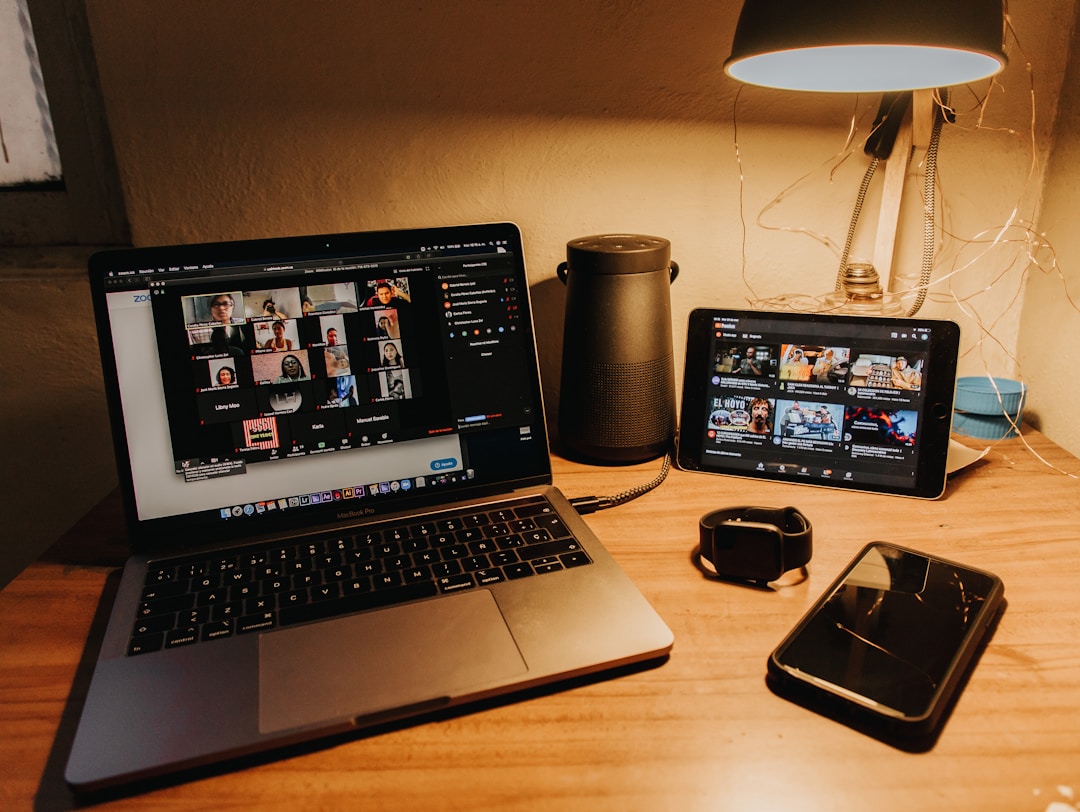Online therapy is similar to the same therapy treatment you would receive in a psychologist or psychiatrist’s office. Mental health professionals are even offering group therapy on digital platforms because of the Covid-19 pandemic. While some people may be confused about how online therapy works, the reality is that therapy by a licensed therapist over the internet is not much different from it is in person. To learn more about the ins and outs of online therapy, or if you are new to therapy altogether, read on.
The Benefits of Online Therapy

There are many benefits to online therapy. From the convenience of being able to access a therapist from anywhere in the world, to the cost-saving that comes with no travel expenses and the ability to speak to your psychologist in a private place you’re comfortable with, online therapy platforms are quickly becoming more and more popular with seasoned therapy clients.
The way online therapy works is that people seeking help generally do a Google search like ‘Therapy Group of DC‘ by typing in what they’re looking for in their city. A list of therapists in the area pops up, and information on local therapists will pop up. Often, these referral sites or groups also have virtual options. Clients are given a choice for whether they’d like to see their therapist online or in person. In places with light restrictions, both options are generally available. In others, where shutdowns or tighter restrictions are in place due to the global pandemic, there will be instructions on how to make an appointment with an online therapist.
A huge benefit of online therapy is how easy it is to use. For those without a lot of experience on the computer or with mobile devices, it can sound intimidating to seek counseling virtually. Fortunately, the global pandemic has taught us a lot about video chats and voice calls over the internet. If you’ve ever had a Zoom meeting with your family or co-workers, online therapy platforms and sessions aren’t much different, and you won’t have problems accessing your therapist.
Privacy Concerns and Virtual Therapy

Many clients and private practice therapists alike have voiced reservations about the use of an online platform or app for therapy due to privacy concerns. Rest assured, therapy groups who’ve been using online therapy sessions and group sessions to support their clients have found ways to protect client data and session content. Where some therapists are making moves to buy an IPv4 block for the smooth and secure transfer of large volumes of information, others are gathering ipv6 addresses for similar reasons.
Determined to offer a supportive environment, even over the internet, psychologists are going out of their way to make their clients feel comfortable without sacrificing the intimacy in-person therapy sessions can bring. If you still have concerns about online therapy, don’t hesitate to ask your counselor about the online privacy policy and what they’re doing to protect you.
Online Support Groups

For people with social anxiety, another perk to virtual therapy is that many therapy groups are now offering virtual support groups. By gathering clients with similar experiences and struggles, they’re helping to facilitate a safe environment online where people can feel more connected and help each other during the global pandemic. As it’s a great way to practice social skills and emotion regulation without the risks of breaching gathering guidelines, many are finding strength in an online group therapy model.
Individual Therapy Sessions Online

Just as groups are experiencing online success with virtual sessions, individual clients are having great luck with one on one sessions in combination with group psychotherapy. Another benefit to digital therapy, the convenience of working through relationship problems or mental health issues online is that by cutting down on travel time, there are more hours in the day for a focus on mental wellness.
At the end of the day, the global pandemic has changed how therapists and clients are connecting. Mental health professionals predict that, even after the pandemic, most therapy groups will never return to a full face-to-face model. Instead, the trend will likely be a hybrid model, combining online and in-person sessions. For this reason, it might be worth calling your local therapy office to schedule an online appointment. Do a little of your own research, too. You might be surprised at the luck you have opening up online.



